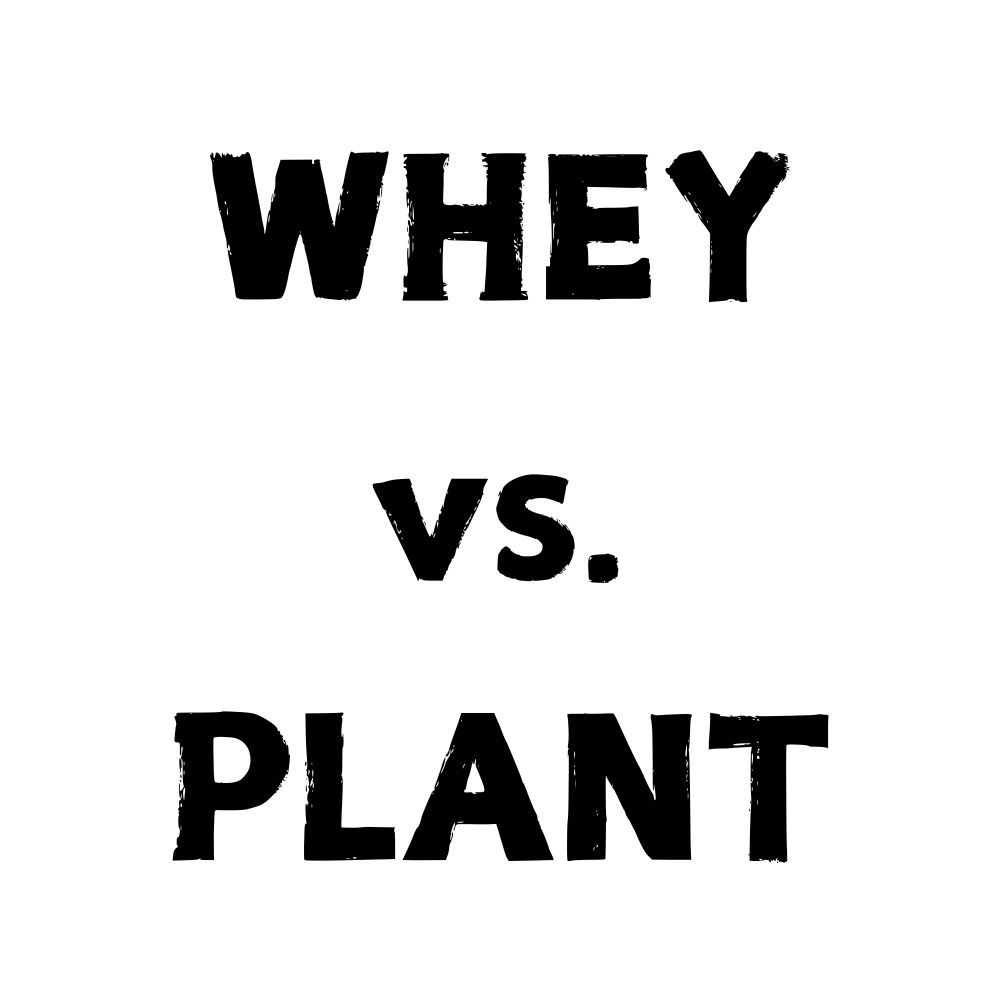In the world of fitness and nutrition, protein supplements have gained immense popularity, particularly among athletes, bodybuilders, and health enthusiasts. Two of the most common types of protein supplements are whey protein and plant protein. Both have their own unique benefits, but the debate over which is superior often surfaces. Let’s explore the differences, benefits, and potential drawbacks of each to help you determine which might be better suited for your needs.
Understanding Whey Protein
Whey protein is derived from milk during the cheese-making process. It is a complete protein, which means it contains all nine essential amino acids that the body cannot synthesize on its own. Whey protein is particularly high in branched-chain amino acids (BCAAs), which are vital for muscle growth and recovery.
Benefits of Whey Protein
- High Biological Value: Whey protein has one of the highest biological values (BV) among protein sources, indicating it’s easily absorbed and utilized by the body.
- Muscle Growth: Its rich BCAA content, especially leucine, stimulates muscle protein synthesis, making it a popular choice for athletes and bodybuilders.
- Weight Management: Whey protein can help promote feelings of fullness, potentially aiding in weight loss or management.
- Convenience: Whey protein supplements are widely available, easy to mix, and come in various flavors, making them a convenient option for quick protein intake.
Potential Drawbacks
- Lactose Intolerance: Those who are lactose intolerant may experience digestive discomfort when consuming whey protein, although isolate forms with lower lactose content are available.
- Allergies: Individuals with a dairy allergy should avoid whey protein altogether.
- Not Plant-Based: Whey is not suitable for vegans or those following a strictly plant-based diet.
Exploring Plant Protein
Plant protein encompasses a variety of protein sources, including pea, hemp, brown rice, and soy. While many plant proteins are not complete on their own, they can be combined to provide all essential amino acids.
Benefits of Plant Protein
- Diverse Sources: Plant proteins come from various sources, offering a wide range of nutrients, including fiber, vitamins, and minerals.
- Digestibility: Many people find plant protein easier to digest and experience fewer digestive issues compared to whey.
- Lower Environmental Impact: Plant-based protein production generally has a smaller carbon footprint and requires fewer resources than animal-based proteins.
- Allergen-Friendly: Plant proteins are suitable for those with dairy allergies or lactose intolerance and are often gluten-free.
Potential Drawbacks
- Incomplete Proteins: Some plant proteins may lack one or more essential amino acids, necessitating careful dietary planning or combining different sources.
- Lower BCAA Content: Generally, plant proteins have a lower BCAA content than whey, which may impact muscle recovery for some athletes.
- Taste and Texture: Some people find the taste and texture of certain plant proteins less appealing than whey.
Whey vs. Plant Protein: Comparing the Two
When comparing whey protein to plant protein, the decision often comes down to personal preference, dietary restrictions, and fitness goals:
- Muscle Building: If the primary goal is muscle gain, whey protein may have an edge due to its high BCAA content and rapid absorption.
- Digestive Health: For those who experience digestive issues with dairy, plant protein could be a better choice.
- Vegan and Ethical Considerations: Plant protein is the obvious choice for vegans or those concerned about animal welfare.
Conclusion
Ultimately, whether whey protein is better than plant protein depends on individual needs and preferences. Both types of protein can play a beneficial role in a balanced diet, providing essential amino acids to support muscle recovery, weight management, and overall health. It’s worth considering factors such as dietary restrictions, personal health goals, and taste preferences when making your choice. Mixing both sources may even offer a well-rounded approach to protein supplementation, harnessing the strengths of each to optimize health and fitness outcomes.

